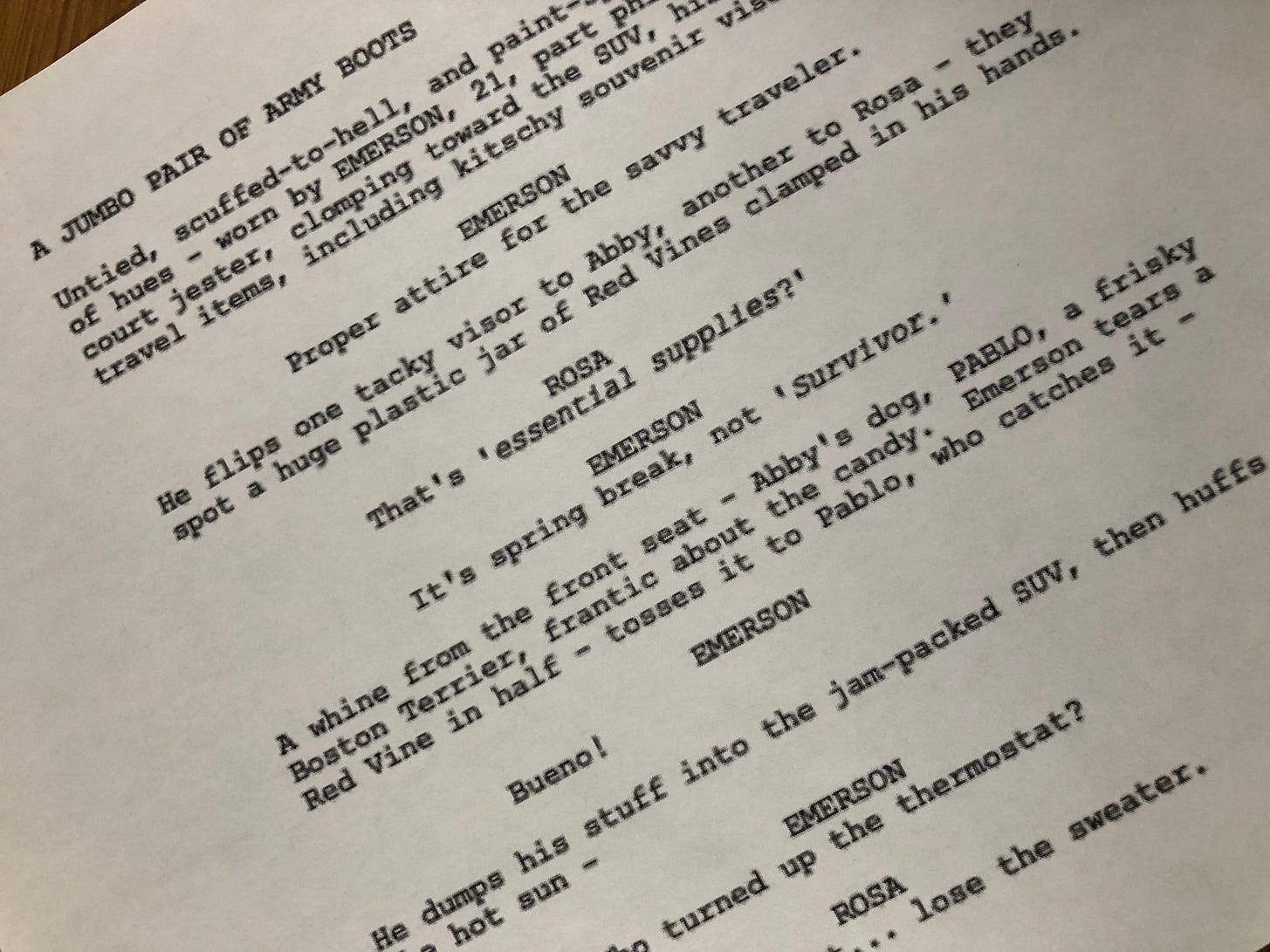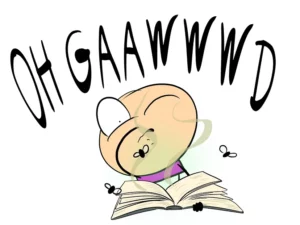“Why the Sharpest Zingers Might Be Dulling Our Conversations”
Writing fiction is like inviting your characters to a high-stakes poker game where the chips are their hopes, dreams, and deep-seated fears. You place them in a pressure cooker of conflict to reveal their true colors—as if we’re peering into a mirror reflecting our own struggles through the lives of others. But what happens when the art of dialogue, that clever exchange of words, steps onto the stage with a zinger? It’s the fiery quip that can change the course of a scene, much like how a well-timed quip can ignite a mundane conversation into a full-blown debate!
Yet, as any seasoned writer knows, zingers may play well in the fictional world—after all, that’s where the lines between right and wrong are clearly drawn, and we, the authors, wield undeniable control over the simmering tension. In reality, however, zingers complicate our discussions; they can escalate misunderstandings and drown out meaningful conversations in a sea of outrage. So, how do we navigate the treacherous waters of heated exchanges both on the page and in our everyday lives? This article dives deep into the role of zingers in fiction and the pitfalls they create in our real-world interactions. Ready to explore a zinger-free approach to communication? LEARN MOREWriting fiction is all about creating conflict. Putting your characters in a crucible. Raising the temperature. This shows your reader what your characters are made of. And one reason we read fiction is to learn how to deal with the conflict in our own lives by living out conflict in somebody else’s skin.













